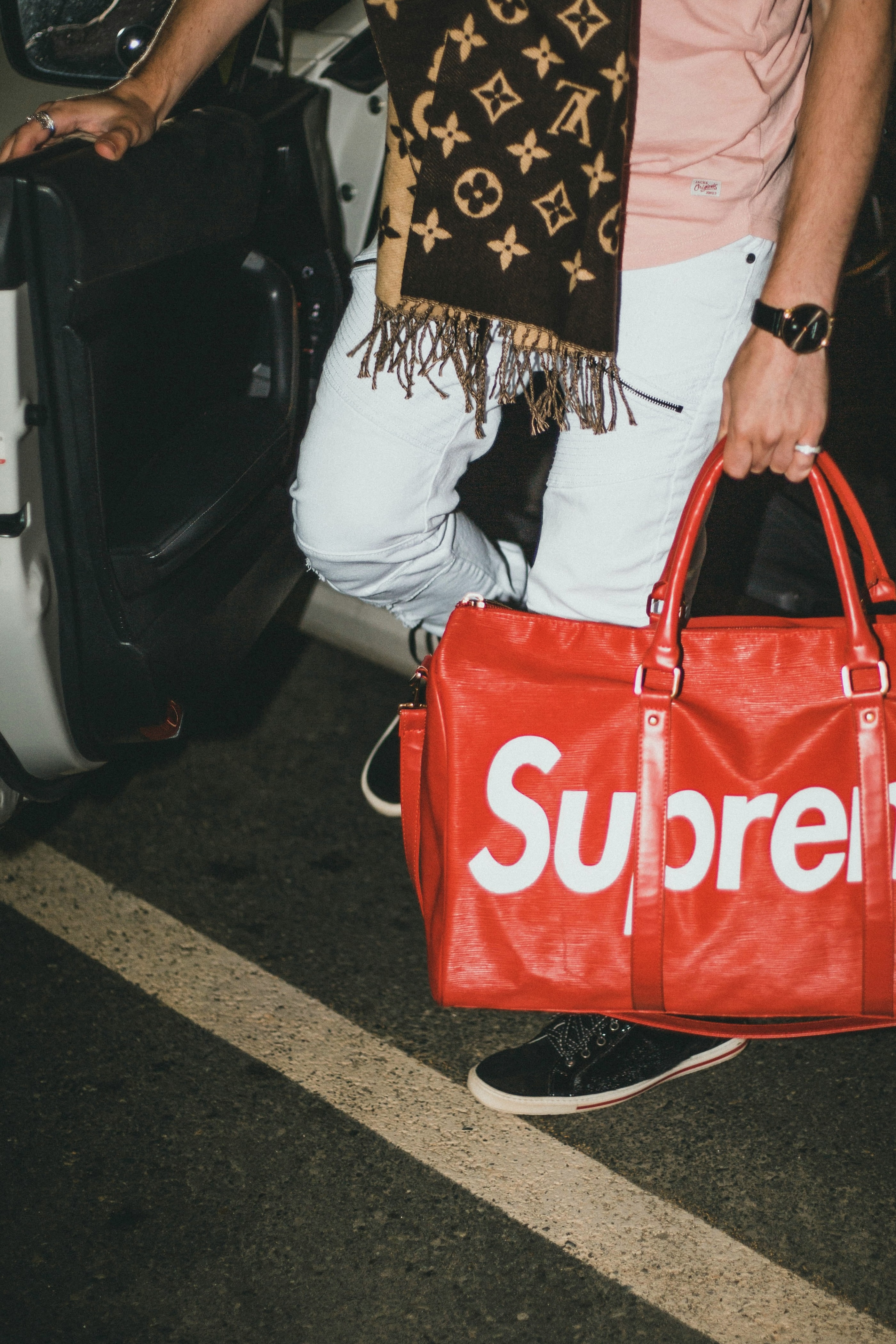The distinction between illusion and authenticity in luxury culture has never been more hazy in a time when image is money. The most recent instance? One of the most prominent luxury department stores in the UK, Selfridges, released a promotional video with model and influencer Jordan Hames.
Jordan casually claims to be the owner of a rare 1980 Piaget watch in the video, a vintage timepiece that is worth well into the five-figure range. However, there isn't any reliable proof, historical records, or even confirmed visual evidence that he owns such a watch. No posts displaying the watch outside of the Selfridges promotional reel, no serial number, and no acknowledgement from watch enthusiast communities.
Why is this important, then? Because exclusivity and authenticity are the foundations of luxury. When an individual makes a fraudulent claim to ownership
Performative wealth has evolved into its own marketing strategy in the influencer economy of today. Influencers pretend to own watches they don't, rent Ferraris, borrow expensive clothing, and pose in upscale hotels and staged homes. Jordan Hames, for example, has been tagged in a number of photo shoots with a Ferrari that he does not own, as well as upscale hotels and private homes that seem to be rented purely for aesthetic reasons.
The objective? to gain the trust of followers and, consequently, of brands. Informally referred to as "prop wealth," this practice is not only dishonest but also harmful.
Today's consumers purchase more than just goods. They're adopting the way of life and apparent success that influencers display. Everyone loses when that success is revealed to be a façade
Selfridges has unintentionally given credence to an illusion by including Jordan Hames in a promotional reel without first confirming the veracity of his claims. The retailer has allowed a potentially misleading narrative to represent its brand, which is meant to stand for heritage, quality, and timeless luxury, whether through negligence or indifference.
This is more than just a PR blunder. It's a sign of how some luxury brands are prioritizing reach over reputation. They might be giving up the exclusivity that used to define them in the name of influencer engagement.
In the world of luxury, trust is money. Companies such as Piaget, Jaeger-LeCoultre, and others invest decades in creating enduring traditions based on uniqueness and artistry. When someone makes unverified claims about owning such items, and that claim is platformed by a luxury retailer, it undermines the real value of those goods and disrespects genuine collectors.
